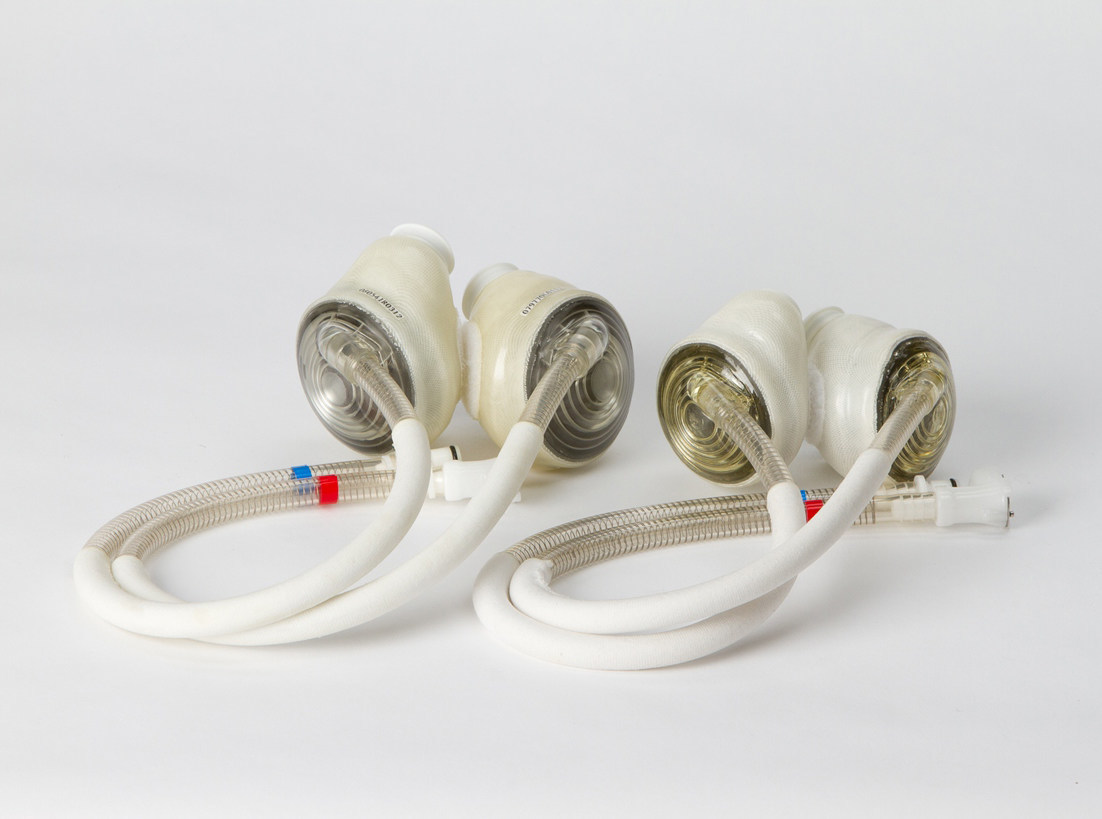
Heart Transplant Technology
Ever since the world’s first successful human heart transplant in 1967, those with failing hearts have had renewed chances at life. Scientists have actually been able to artificially replicate the heart! Approved by the FDA in 2004, the 70cc SynCardia artificial heart has been used in over 1,440 patients over the globe to sustain them until they can get their transplant. Now, another artificial heart has been developed to new success.
50cc SynCardia Artificial Heart
A woman at UCLA Medical Center has just received the world’s first successful heart transplant facilitated by an experimental artificial heart model, the 50cc SynCardia, which was developed for smaller patients. The device provides mechanical support, pumping blood to sustain someone with heart failure awaiting their transplant. The procedure was an emergency due to various extenuating circumstances including: the patient being too small for the larger, approved device, and having heart failure so advanced that surgical repair or assistance with less total mechanisms were not options.
Permanent Artificial Heart
These models of artificial hearts currently serve to pump blood in anticipation for a coming transplant procedure. Called bridge-to-transplant, the procedures are more of a crutch, adding some more time to how long a patient can be in line for a heart transplant. What if the heart could be replaced permanently? Heart disease is the leading cause of death in America and over 5 million people have some stage of heart failure. With only about 2,000-2,500 heart transplants each year, many die because they cannot get one. Not only is the supply of hearts for transplants insufficient to rely on to treat such a prevalent problem but only half of the few people that do get a transplant live for 10 years past the procedure. Being able to design a temporary heart model to fit a smaller body is hopefully another step to being able to design an artificial heart to permanently fit a patient.
Sources: UCLA Newsroom, WebMD
Image: PR Newswire